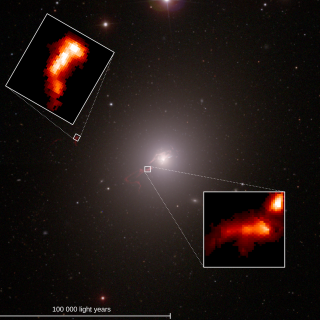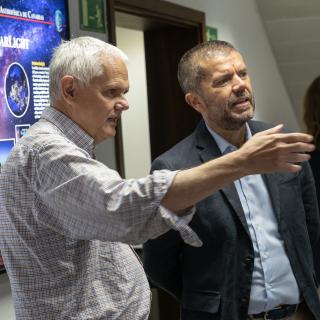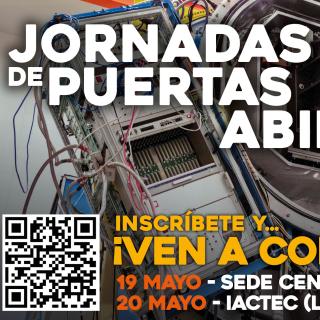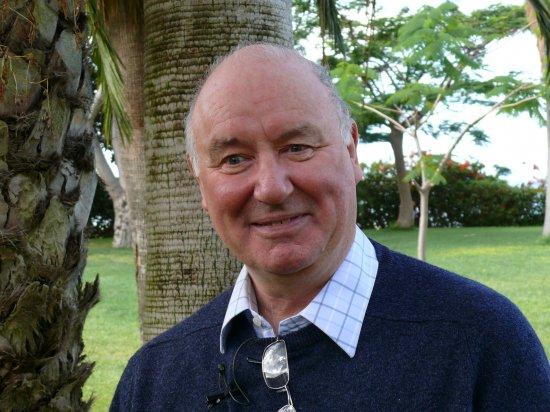It may interest you
-
 An international team of astronomers has captured the most detailed and completed view yet of the mysterious filaments surrounding the giant galaxy M87. Using new observations from the Gran Telescopio Canarias and the Canada-France-Hawaii Telescope, the study reveals how these long, thread-like structures move, evolve, and interact with their galactic environment and the activity of the central supermassive black hole. These findings have just been published in Monthly Notices of the Royal Astronomical Society. M87: a giant galaxy and its mysterious threads M87, located about 55 millionAdvertised on
An international team of astronomers has captured the most detailed and completed view yet of the mysterious filaments surrounding the giant galaxy M87. Using new observations from the Gran Telescopio Canarias and the Canada-France-Hawaii Telescope, the study reveals how these long, thread-like structures move, evolve, and interact with their galactic environment and the activity of the central supermassive black hole. These findings have just been published in Monthly Notices of the Royal Astronomical Society. M87: a giant galaxy and its mysterious threads M87, located about 55 millionAdvertised on -
 Una delegación de la Universidad de La Laguna (ULL), encabezada por el rector Francisco García, ha realizado una visita institucional al Instituto de Astrofísica de Canarias (IAC), reforzando así el compromiso de colaboración y la estrecha relación que mantienen ambas instituciones, claves para el desarrollo científico y tecnológico de Canarias. El encuentro ha servido para revisar el estado del convenio que mantienen ambas instituciones y revisar algunas áreas de mejora para la renovación del mismo en materia de investigación, docencia y divulgación científica, además de aspectosAdvertised on
Una delegación de la Universidad de La Laguna (ULL), encabezada por el rector Francisco García, ha realizado una visita institucional al Instituto de Astrofísica de Canarias (IAC), reforzando así el compromiso de colaboración y la estrecha relación que mantienen ambas instituciones, claves para el desarrollo científico y tecnológico de Canarias. El encuentro ha servido para revisar el estado del convenio que mantienen ambas instituciones y revisar algunas áreas de mejora para la renovación del mismo en materia de investigación, docencia y divulgación científica, además de aspectosAdvertised on -
 The headquarters of the Instituto de Astrofísica de Canarias (IAC) and its technological headquarters, IACTEC, open their doors to the public at their Open Days as part of Open Government Week 2025. This initiative, promoted by the Open Government Partnership worldwide, seeks to bring public administrations closer to citizens and promote the values of transparency, integrity, participation and accountability. The event at the IAC headquarters will take place on Monday 19 May, while the IACTEC will open its doors on Tuesday 20 May. Both days will be held in person, with two visiting hoursAdvertised on
The headquarters of the Instituto de Astrofísica de Canarias (IAC) and its technological headquarters, IACTEC, open their doors to the public at their Open Days as part of Open Government Week 2025. This initiative, promoted by the Open Government Partnership worldwide, seeks to bring public administrations closer to citizens and promote the values of transparency, integrity, participation and accountability. The event at the IAC headquarters will take place on Monday 19 May, while the IACTEC will open its doors on Tuesday 20 May. Both days will be held in person, with two visiting hoursAdvertised on
